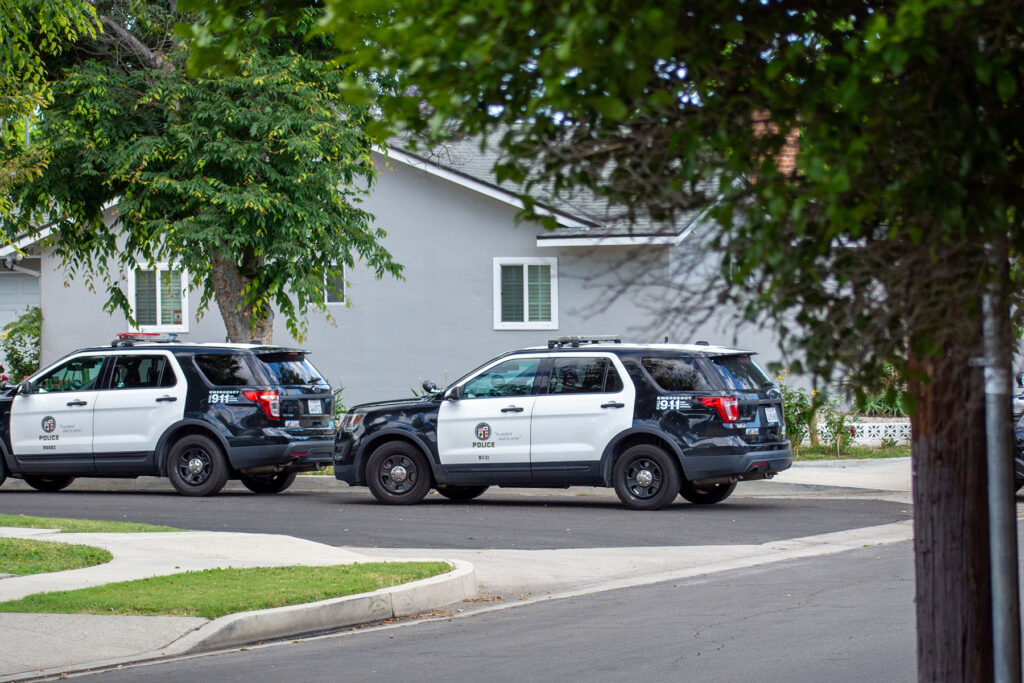
Criminal charges can be filed based on what police find in a search, but a judge may decide whether evidence was legally obtained
It is common for criminal charges to be filed based on what police find when executing search warrants. For example, when police get a search warrant for a home or residence and find drugs, the evidence seized in the search can provide a basis to charge someone with Possession of a Controlled Substance or even Possession with Intent to Distribute a Controlled Substance when there is enough evidence to believe someone is dealing drugs.
In defending those cases, it is important to carefully scrutinize whether the police had a valid legal basis to get a search warrant. Because if the search warrant was not legally justified, then the search was an illegal search and the evidence was illegally seized. Since illegally seized evidence cannot be used at trial, it must be suppressed or thrown out. And without evidence of drug possession or drug dealing, controlled substance charges would then be dismissed.
Process of Challenging a Search Warrant
To challenge a search warrant, the defense files a motion to dismiss, requesting a contested omnibus hearing. A hearing is then conducted in front of a judge without a jury. This is often called a pretrial hearing because it is conducted before any trial, where a judge decides whether the evidence was legally or illegally seized. If the evidence was illegally seized, the court can order it suppressed, which means the prosecutor cannot use it. And without any useable evidence of drug possession, the court will normally dismiss the charges without a trial. Contested omnibus hearings like this are also called Rasmussen hearings based upon Minnesota case law that establishes the right to challenge the admissibility of evidence.
The 4th Amendment
The 4th amendment to the United States Constitution protects people from unreasonable searches and seizures by the government. In short, the police must establish probable cause in a search warrant application to justify issuance of a search warrant. There are many layers of detail included in that analysis, and many arguments that can be made about how a search warrant might be illegal.
Do you have questions about whether a search warrant was legal? Contact Bill Sherry for advice.
 If you need legal advice regarding a current case, or you have questions, please contact me to get you the help you need. If you make the decision to work with me I will take good care of you and be with you every step of the way.
If you need legal advice regarding a current case, or you have questions, please contact me to get you the help you need. If you make the decision to work with me I will take good care of you and be with you every step of the way.
As an experienced Minnesota criminal defense attorney, Bill Sherry understands that legal problems don’t always happen during ordinary office hours. If you are facing a legal problem and need to talk with a lawyer right now, call Bill Sherry at 952-423-8423 for a free consultation.
